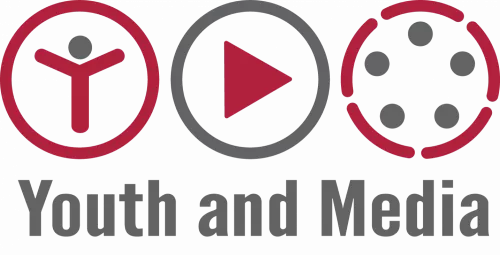
Digital Natives: learning and literacy
This week, the Digital Natives gang explored digital learning and literacy, and taught us a thing or two in the process.
On Monday, the Digital Natives team welcomed guest blogger Eleesha Tucker, National Volunteer Coordinator for the Constitutional Sources Project. In her guest post, "Digital Natives, Digital Classrooms," Eleesha shares her experiences as a teacher of digital learners and asks us to think about what the new technology landscape means for learning styles:
I hope to contribute to the discussion as a Digital Native myself with experience as a teacher in a digital classroom. For the school year following college, I taught high school history to juniors and seniors at The Walden School of Liberal Arts, which is a public charter school with an expeditionary learning philosophy. Walden provides each student with access to a personal laptop while in the classroom and on an individual checkout basis for homework. I would call it a digital school. Most lessons in each subject used the laptops, once a week students met in mentor teacher groups to check their grades online from the school’s website and an overwhelming majority of students had Internet access at home, though it was not a particularly affluent area. One hundred percent of my lessons connected somehow to the Internet, either by my personal preparation or by how I designed assignments. Because of the student performance in their assignments by their research or through their presentations projected from their laptops, I realized there is a possibility that the increased digital engagement could be changing student learning styles. CONTINUED...
Yesterday, Digital Natives intern Sarah Zhang continued the conversation with her post "Popularity v. Quality: Assessing Information Quality in a Commercialized Internet." Sarah explains why exploring beyond what's popular online is a vital part of digital literacy:
In some ways, the Internet is a giant popularity contest. Worth is assessed by Google PageRank – a formula based primarily on how many people link to a site. Every news site prominently displays the most read, most commented, most e-mailed stories. Social news sites such as Digg, reddit, and del.icio.us exist as an aggregation of what is popular around the web. Another level up, PopUrls serves as an aggregator of aggregators, displaying all the most popular headlines from other news-sharing sites. There is a collective fixation on what is most popular, with the assumption that what is popular is also most worthy. CONTINUED...
For more on digital learners check out chapter 11 of John Palfrey and Urs Gasser's Born Digital, and join the conversation with the Digital Natives team and others via the Digital Natives site, where you'll find links to the project wiki, blog, YouTube channel, and many other social tools and resources like the Born Digital responses page.
Plus! if you're in the Boston area next Wednesday, learn more about the Digital Natives project's development of a Creative Rights curriculum at the Regional Youth Media Arts Education Consortium (RSVP required).

